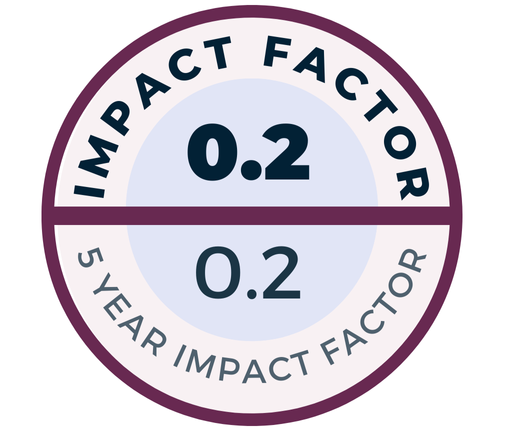Objective: Aspirin intolerance (AI) is one of the endotypes of chronic rhinosinusitis (CRS) that can be effectively treated if detected early. Considering the limitations of the available tests for AI, there is still a need for an affordable, cost-effective, and safe marker that can enhance AI’s early detection. In the past years, the association between AI and eosinophilic inflammation has been well documented. Eosinophil cationic protein (ECP) is a specific marker for eosinophil activation. In this study, we aimed to assess the value of assaying serum ECP in detecting AI in patients with CRS.
Methods: Eighty-four patients with CRS were enrolled in this study, and they underwent an intravenous or oral aspirin (ASA) challenge test. Receiver operating characteristic curves were used to evaluate the diagnostic value of serum ECP level for the AI in patients with CRS and calculate the best diagnostic cut-off value.
Results: Using systemic ASA provocation, the prevalence of AI among patients with CRS was relatively high (43%). There was a significant difference in the mean serum ECP level in the two groups (positive group 19.3, negative group 8.6 µg/L, and P < .0125). Serum ECP level showed an acceptable discrimination value for predicting AI in patients with CRS (area under the curve = 0.622). The best diagnostic cut-off value and corresponding sensitivity and specificity were >13.9 µg/L (38.89%, 85.42%).
Conclusion: Assaying serum ECP in patients with CRS could help detect AI, especially when other more accurate tests are not available.
Cite this article as: Abuzinadah HR, Albar NY, Tisch M, Muehlmeier G. The Diagnostic Value of Serum Eosinophil Cationic Protein for Aspirin Intolerance in Patients with Chronic Rhinosinusitis. ENT-Updates. 2021; 11(1): 32-37.

.jpeg)
